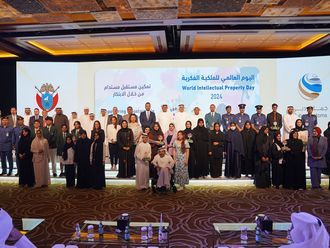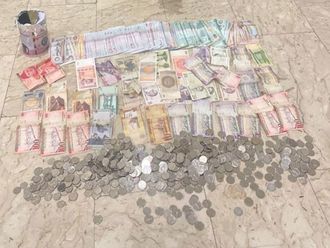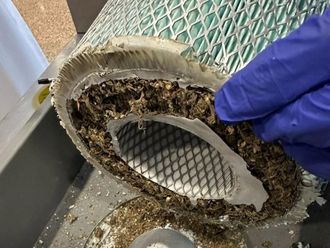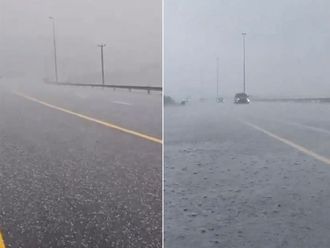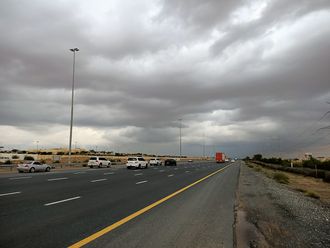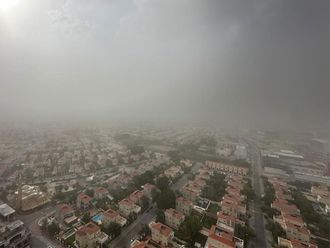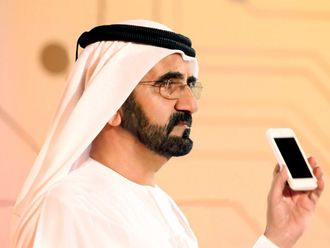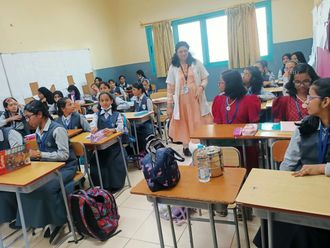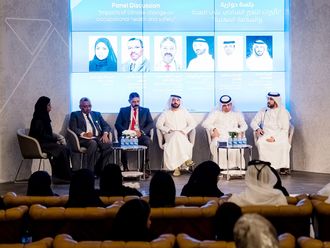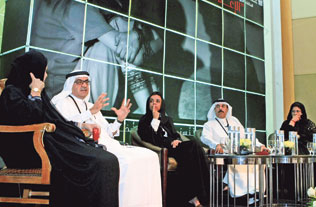
Dubai: Enhancing media coverage on human trafficking and training journalists to ensure accuracy of information when writing on the subject was identified as some of the best ways of fighting the crime at a global level.
The views gained prominence at a Human Trafficking and Media Conference that concluded on Tuesday with calls for greater transparency in the context of human trafficking cases.
Experts discussed the issues of human trafficking and the role of the non-Arabic media, electronic media and importance of pictures with regard to human trafficking coverage. Speakers on the second day of the two-day conference discussed the role of non-Arabic media.
Abdul Hamid Ahmad, Editor-in-Chief of Gulf News, highlighted the imported nature of the crime but stressed that the issue posed a minor challenge in the UAE. "We have more significant problems, such as demographic structure, which is one of the causes of human trafficking in the UAE. Human trafficking crimes are entirely exported to the UAE, including buyers, sellers and victims," he said.
Journalists' challenge
Ahmad also highlighted the challenges facing investigative journalism in the UAE. "Crime stories are always appetising, but this issue has many restrictions which requires the cooperation of all parties involved in the investigation. We also need specialised journalists in chasing and covering this kind of crime who are not available for the time-being."
He called for setting up a hotline to report cases of human trafficking and to initiate training courses for journalists on how to report human trafficking issues and news. "I hope this conference turns from a general forum to workshops that offer guidelines on what should and shouldn't be done regarding the human trafficking issue."
Dr Hessa Lootah, Associate Professor at UAE University, drew attention to issues related to the image of women and children in media. She said pictures of little girls wearing heavy make-up or posing in seductively could result in an increase in sexual assaults against children.
"When people see these pictures, the message delivered to their subconscious is that these girls are women, and the subconscious is what dictates our actions," she said. "As a nation, we have very little awareness of the visual components of pictures and messages delivered not through the eye, but through at the subconscious level," she said.
Sensitivity aspect
Visual media is a picture, not just information. For example, when talking about terror, news channels show pictures of Arabs and Muslims, which sets their image as terrorists in the brain, she said. "We must be aware of the messages we send and give special care to the media and its directions," she said.
"When it comes to human trafficking, I care about prevention, rather than treatment of the issue. I believe that all efforts should be directed to combat poverty and tackling the reasons that make big countries go to war, because war is the cause of many crimes," Dr Hessa added.
Media must step up
Experts recommended enhancing the role of the media by providing accurate information on human trafficking cases, and training specialised journalists who must have legal awareness about the issue. The media must also protect the dignity and privacy of the victims when providing coverage.
Recommendations included coordination with media attaches in UAE embassies to follow up the news published in other countries about the UAE and coordinate with media bodies that publish them to underscore the UAE's interest and provide correct and clear information.
The hotline
8007283 will be available in six languages — Arabic, English,Urdu, Russian, Filipino and Bengali — and will be operational round-the-clock seven days a week.


